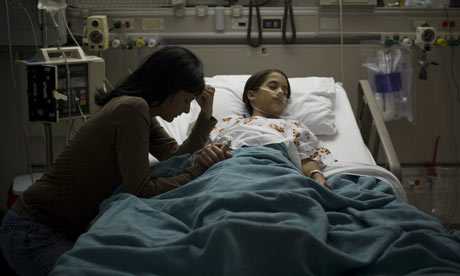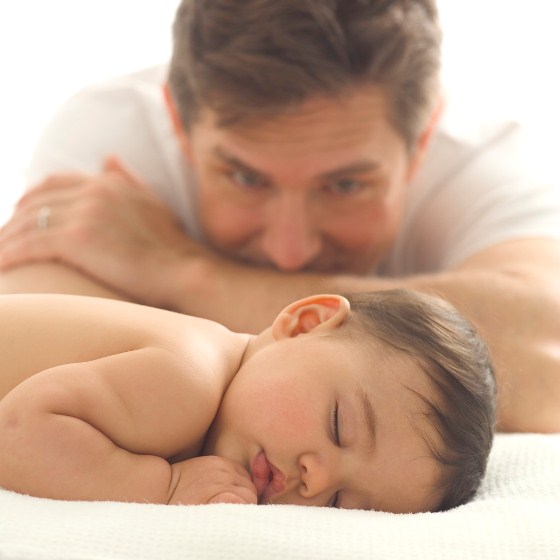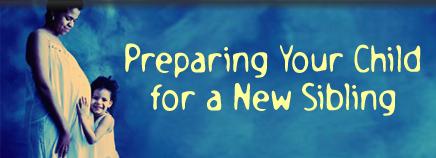Symptoms You Should Take Seriously
We sometimes take the symptoms of an illness too lightly. While it’s a matter of personal choice, it can also be very irresponsible and neglectful. The point when all the excuses vanish is when our children are the ones in danger.
A child’s health is just too precious to be gambled with. All the signs they might be suffering from an illness should be taken very seriously. Here are some of the most alarming symptoms that tell you it’s time to take them to the hospital or immediately call an ambulance.
Vomiting and Diarrhea
Although they’re mostly harmless, vomiting and diarrhea can be caused by number of reasons including poisoning, medication reaction, acute kidney failure and salmonella so they shouldn’t be left unchecked. Even if the cause of these symptoms is not that serious their root cause may be.
If your child is suffering severe diarrhea or cannot keep anything down, they may become dehydrated. The signs of dehydration are sunken eyes, abnormally low urine amounts and dry mucus membranes. If you notice any of these signs be quick to react.
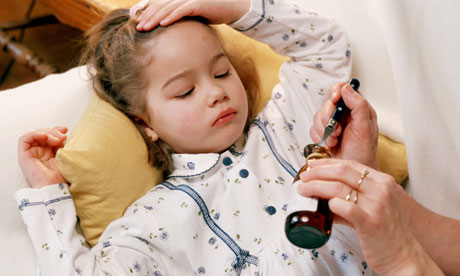
Respiratory Distress
This refers to when your child has difficulty breathing. It may be caused by pneumonia, asthma, choking or infection.
The signs your child may suffering from any of them are labored breathing, inability to talk, coughing and turning blue. If you notice at any time of the day that your child’s breathing rate is above the usual 50-60 breaths per minute, or that the area around its lips is blue, immediately call a reliable 24 hour urgent care service.
Falling From Height
We all know children like climbing and jumping wherever they get the chance. It’s also no surprise they fall often.
They regularly end up with scratched knees and injured elbows. Even if the damage is more serious, it’s not that hard to determine whether the child had a fracture or not.
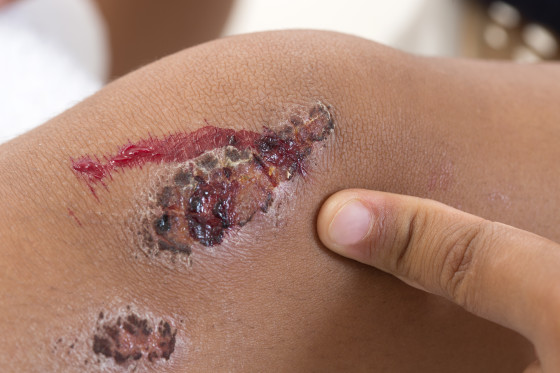
Still, there are some cases, like internal head injuries, when it’s not easy to determine the damage simply by looking at the injury. It’s then important to pay attention to symptoms like numbness, tingling, dizziness, vomiting and neck pain to tell if your child really hurt their head after falling.
Febrile Seizures
A febrile seizure is a convulsion in a child that may be caused by a spike in body temperature, often from an infection. Febrile seizures is another condition which can point to numerous illnesses.
In the worst case, high temperature can even cause a long-term brain damage. It’s well advised to be quick to react if you notice your child is suffering from it.
Fortunately, the symptoms of febrile seizures are relatively easy to spot. They manifest in fever above 104 F, shaking arms and legs and loss of consciousness.
Poisoning
Vomiting and diarrhea are one of the initial symptoms pointing to poisoning, but they are hardly the only two.

To make things even worse, the list of poisoning symptoms is as excessive as the list of substances causing it, but we will mention some of the most important:
-
Abdominal pain
-
Coma
-
Rapid breathing
-
Confusion
-
Nausea
-
Psychomotor agitation
-
Delirium
Once you notice some of these signs, be very quick to determine what your child ate last so you can pass the information to the doctors. Try to help your child to spit out food the remains, and don’t allow them to eat or drink until the help arrives.
Vomiting and diarrhea, respiratory distress, falling injuries, febrile seizures and poisoning are some of the most common situations that will require the help of an emergency service. Be sure you’re familiar with all of them, because some of the symptoms may not look that serious at first glance.
If you have children, there are many habits you may feel inspired or obliged to teach them as they mature. Perhaps none are more important than hygiene habits as they can affect personal health and even lifespan.
Click here to learn four important healthy habits that can make a long-term difference in your child’s health and well-being.

